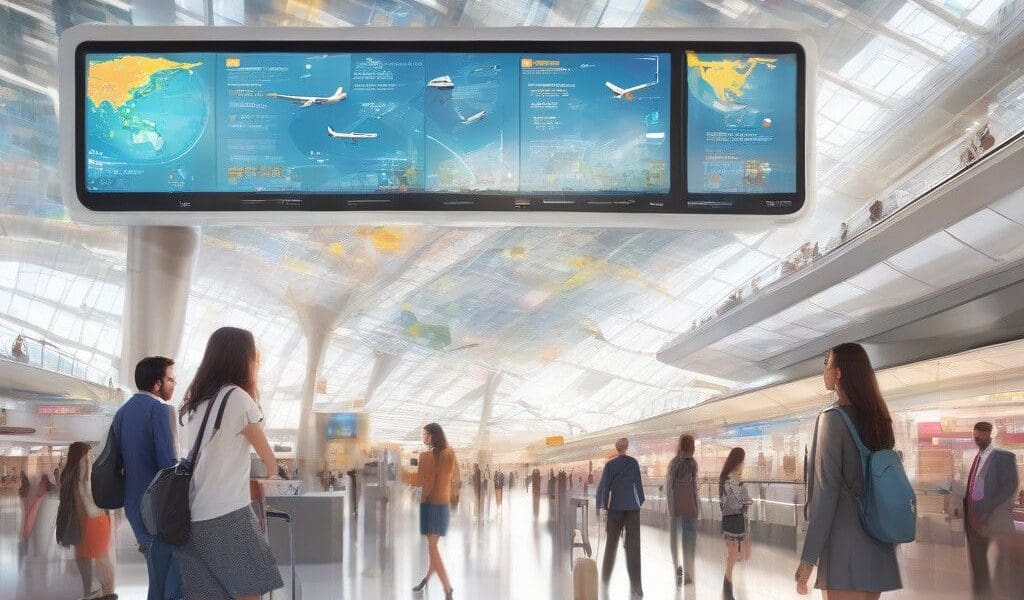AI Revolutionizes Travel Planning for Modern Travelers
In recent years, the travel industry has experienced a remarkable transformation driven by the advent of artificial intelligence (AI). Modern travelers are increasingly relying on AI tools for planning their journeys, taking advantage of personalized recommendations and streamlined itineraries. This article explores how AI is shaping the travel planning experience and the implications for both travelers and industry professionals.
Take the example of Jason Brown, the founder of People Movers, who turned to ChatGPT for help in planning his family’s summer trip to Amsterdam and Ireland. Jason described the process as ‘fantastic,’ highlighting how quickly the AI tool generated organized suggestions for daily activities in places like Dublin and Galway. AI not only saved him time but also provided suggestions that he could tailor to his family’s preferences, blending technology with personal insights.
The increasing popularity of AI-assisted travel planning is supported by a survey indicating that one in ten Britons has sought AI’s help with travel arrangements. Notably, tools like Google’s Gemini and Microsoft’s Copilot are gaining traction, suggesting that AI’s role in travel is becoming indispensable. Nevertheless, travelers face challenges, particularly when the AI-generated content lacks specificity or accuracy. For instance, many users reported receiving generic advice that did not cater to their unique needs, underlining the importance of verifying information through trusted sources.
Sardar Bali, co-founder of the AI travel planner Just Ask Layla, emphasizes the critical need for accuracy in AI outputs. His company employs a two-step verification system to counteract potential inaccuracies, although he acknowledges that errors can still occur. As companies like Expedia integrate AI into their services, they seek to simplify complex travel planning processes, providing personalized recommendations based on user preferences and historical data.
Despite the potential benefits of AI in travel planning, not all experiences have been positive. Freelance writer Rebecca Crowe shared her frustrations over AI-generated itineraries that often included impractical suggestions. For example, she struggled to find gluten-free dining options in the automated results. Her advice for travelers is clear—while AI can provide valuable inspiration, it is essential to corroborate information with reliable blogs and travel guides to ensure accuracy and save time.
The combination of AI insights and personal human touch can enhance the travel planning process. For instance, blending AI-generated suggestions with local recommendations can lead to discovering hidden gems, transforming a standard trip into a memorable experience. Travel professionals can leverage AI by using these tools to better understand consumer preferences and refine their offerings.
As the landscape of travel planning continues to evolve, the role of AI will only grow more significant. Travel agencies and professionals must adapt to these changes by incorporating AI tools into their services. This adaptation includes training staff to understand AI’s strengths and limitations, ensuring that they can provide clients with well-rounded support throughout their travel planning journey.
In conclusion, the integration of AI into travel planning marks a significant shift in how modern travelers approach their journeys. While AI can streamline the process and offer personalized suggestions, verification of information remains crucial. Success in this new era of travel planning will depend on a balanced approach that combines the efficiency of AI with the invaluable insights from human experience.
Travelers who utilize AI intelligently, whether for research or inspiration, will likely find their experiences enriched. As technology continues to advance, the future of travel planning promises to be more personalized and efficient, paving the way for unforgettable adventures.








